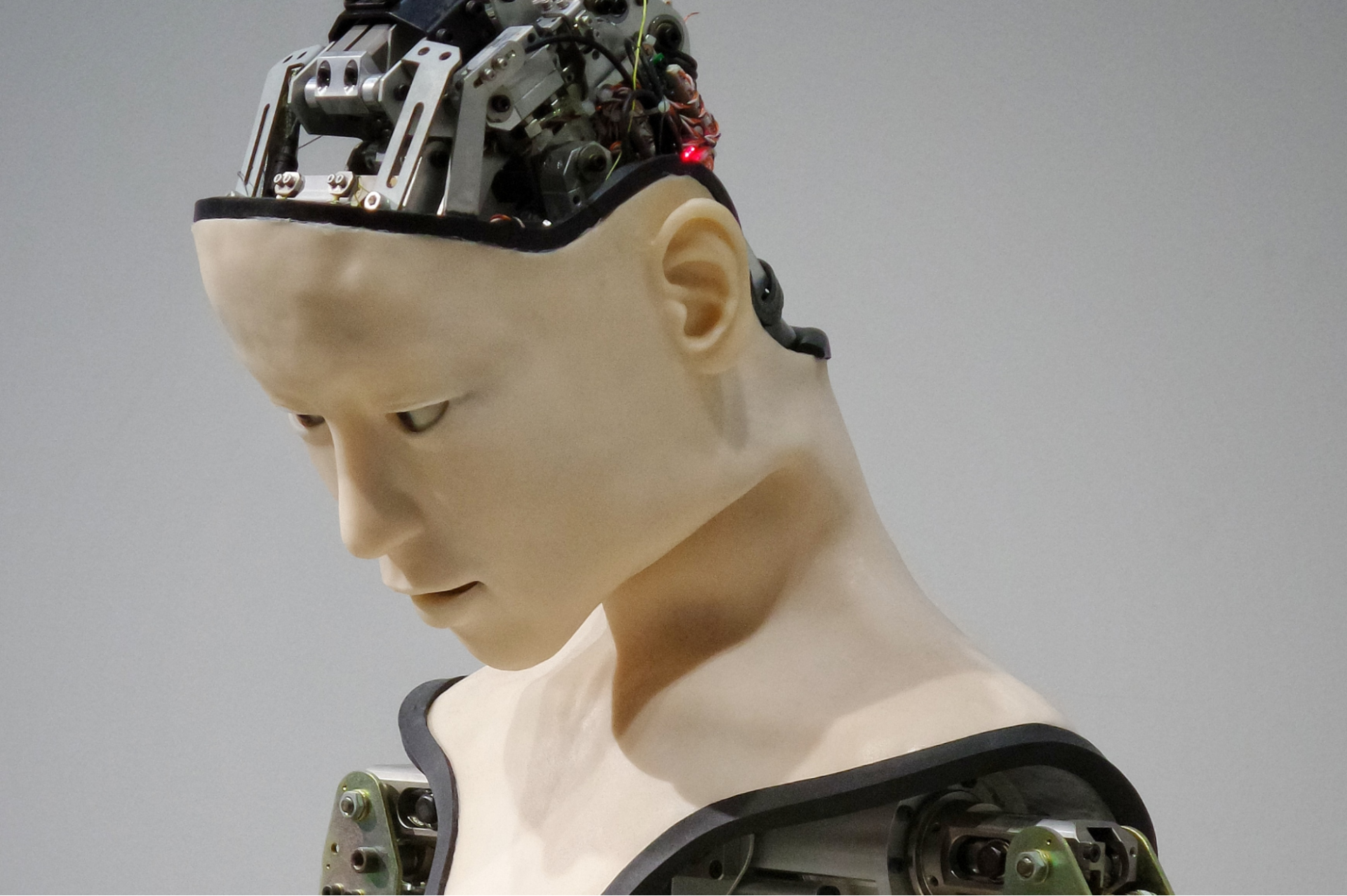Can cheap robots solve Chinese labor shortages?
Chinese factories are experiencing electricity shortages that will affect the world’s supply of everything from iPhones to Christmas lights. Now they can't find enough workers. Can robots help?

We’ve covered the Evergrande and electricity shortage crises, but wait — there’s more. While Chinese factories struggle to keep their lights on, they’re also straining to hire workers.
- “We can hardly find any workers,” one factory employer told the Wall Street Journal. Foxconn is offering bonuses up to $1,962 to employees who clock in for 90 days straight and help with recruiting.
- What’s to blame? A few things, including a shrinking workforce; higher commodity prices preventing factories from increasing wages; highly educated workers’ preference for white-collar jobs; migrant workers’ lingering fears of getting COVID-19 in cities or factories; plus more jobs closer to home.
Will the robots save Chinese factories?
A gaggle of Chinese startups think they have the AI-powered solution to the labor shortage: increasingly cheap robots that can operate machinery, sort inventory, and more. One report predicts that global warehouse automation will be worth $30 billion in 2026, twice its market size in 2019.
- Two startups working to make factory workers obsolete are Mech-Mind Robotics and Hai Robotics. They recently announced funding rounds totaling $155 million and $200 million, respectively.
- Unmanned car-washing stations are another application. One company in the industry, YGL, recently became a unicorn (a billion-plus-dollar valuation).
- Another industrial up-and-comer is Youibot, which works in semiconductor facilities.
From the factory to the customer’s door
After packages are assembled by factory robots, Meituan, JD.com, and Alibaba want courier robots to deliver them. Alibaba’s Xiaomanlv (“little donkey”) robots delivered 1 million packages in the past year, and its builders want to do a million a day by 2024.
The average cost of a robot ($61,862) is still six times more expensive than the average human courier’s salary, but it’s falling every year thanks to cheaper parts.






